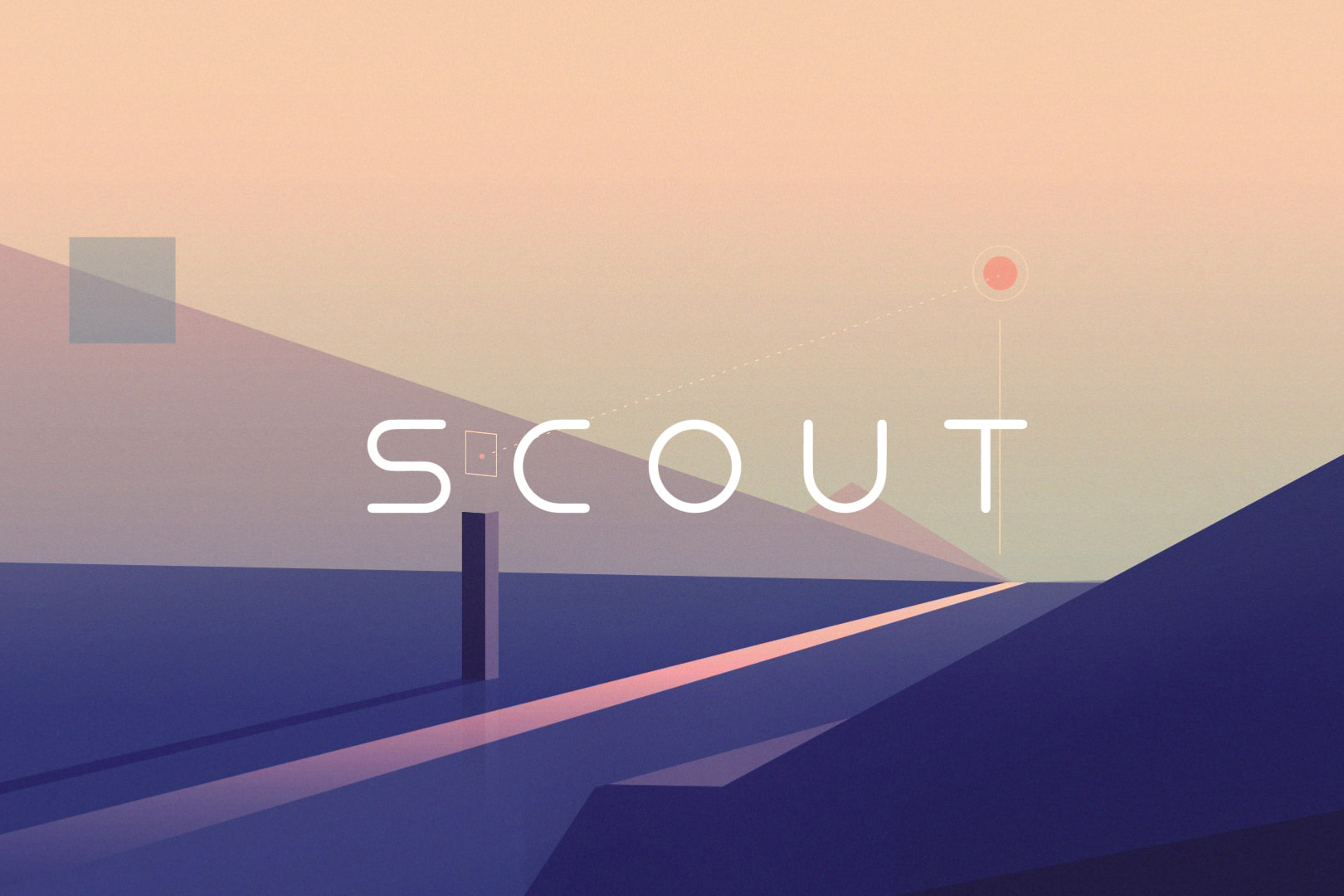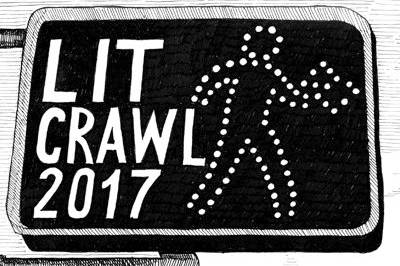Science fiction has always inspired real-world technological advances. The very first employees of NASA were inspired by the rocket-ship and ray-gun-festooned pulp sci-fi of the 1930s and ’40s. Most of the greatest innovators of the past 30 years have found their inspiration in sci-fi novels. Steve Jobs, creepily, recommended 1984 to new hires at Apple. Elon Musk is very public about his love of Robert Heinlein, Isaac Asimov, and Douglas Adams. Bill Gates grew up on science fiction, and continues to stay abreast of the new stuff: He recently nerded out over Seattle author Neal Stephenson’s most recent novel Seveneves.
In recent years, some have tried to add more intention to that connection between science fiction and science fact, in the hope of inspiring another real-world technological boom. Stephenson himself edited an anthology of willfully optimistic sci-fi titled Hieroglyph a couple of years ago because he believed the popularity of dystopian fiction and its attendant trend toward cynicism was having a detrimental effect on scientific development. But it’s hard to formalize any kind of a relationship between fact and fiction; inspiration is a tricky thing to pin down, and you never know which ideas are going to take off.
Read the rest of this review in Seattle Weekly’s print edition or online at seattlereviewofbooks.com.
Paul Constant is the co-founder of The Seattle Review of Books. Read daily books coverage like this at seattlereviewofbooks.com.









